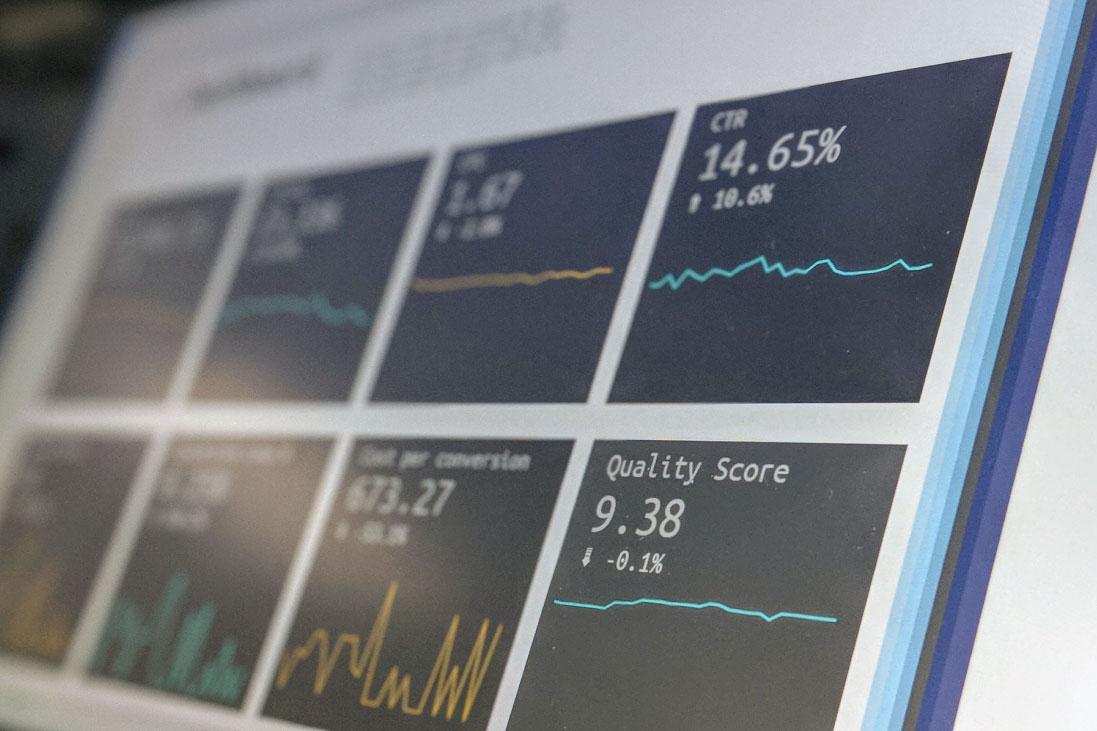Statistics

Doctorate in Statistics
Curriculum
The program consists of five core statistical theory courses beyond the M.S. in Statistics, electives chosen in consultation with an advisor and dissertation research. The core theory courses are:
- Advanced Probability
- Advanced Inference
- Large Sample Theory
- Multivariate Statistical Theory
- Statistical Computing
A wide variety of electives are available, ranging from Bayesian Statistics to Statistical Machine Learning to Design of Experiments. Upon completion of the program, you will have the fundamental knowledge and research experience necessary to develop novel statistical methods for the analysis of new, complex data and disseminate results.
Program Milestones
Students are required to pass these milestones in the following order. Students earning an M.S. in Statistics from OSU will have already passed the Ph.D. preliminary exam while pursuing the M.S.
| Milestone | Timing | Details |
|---|---|---|
| Pass PhD preliminary exam covering MS level Probability, Inference, Linear Models, Experimental Design courses | As soon as possible but not later than the second year of study. | Two attempts are allowed. Exam is offered annually in January prior to the Spring semester and over Spring break. |
| Admission to Doctoral Candidacy Proposal Defense |
One year after passing PhD preliminary exam | Proposal should contain literature review, overview of problem, and route to solution. |
| Qualifying Exam | Semester prior to graduation | Written portion covers progress on dissertation and may cover courses taken. |
| Dissertation Defense | Final Semester | Defense includes public colloquium presentation and closed oral exam. |
Research

We have internationally recognized research programs in high-dimensional data analysis, multiple comparisons, design of experiments, biostatistics, bioinformatics, genetic statistics, Bayesian statistics and many more. Our graduates are well employed in academics and industry.
Admissions Requirements
- Transcripts (including courses in calculus of several variables, linear algebra,
a senior or graduate level Statistics course, and a senior or graduate level mathematical
analysis course)
- Applicants with a B.S. degree can be admitted directly into the Ph.D. program. However, prospective students that do not have an M.S. degree and do have mathematical deficiencies are encouraged to apply to the M.S. statistics program.
- Two letters of recommendation
- Resumé/CV
- Supplemental form (accessible after submission)
- Application Due Dates:
- For admission with a teaching or research assistantship, applications are due February 15 (Fall entry) or October 1 (Spring entry)
- For admission only, domestic applications are due by July 1 (Fall entry), November 1 (Spring entry)
- For admission only, international application are due by May 1 (Fall entry), October 1 (Spring entry)
Test Scores:
- GRE
- TOEFL or IELTS English proficiency scores required for international applicants who are not native English speakers
Cost & Assistance
Teaching and research assistantships are available for both M.S. and Ph.D. statistics students. Through the generosity of the Gaute Vik Family, the department is able to offer additional fellowships. Financial awards for outstanding current students are also available.
